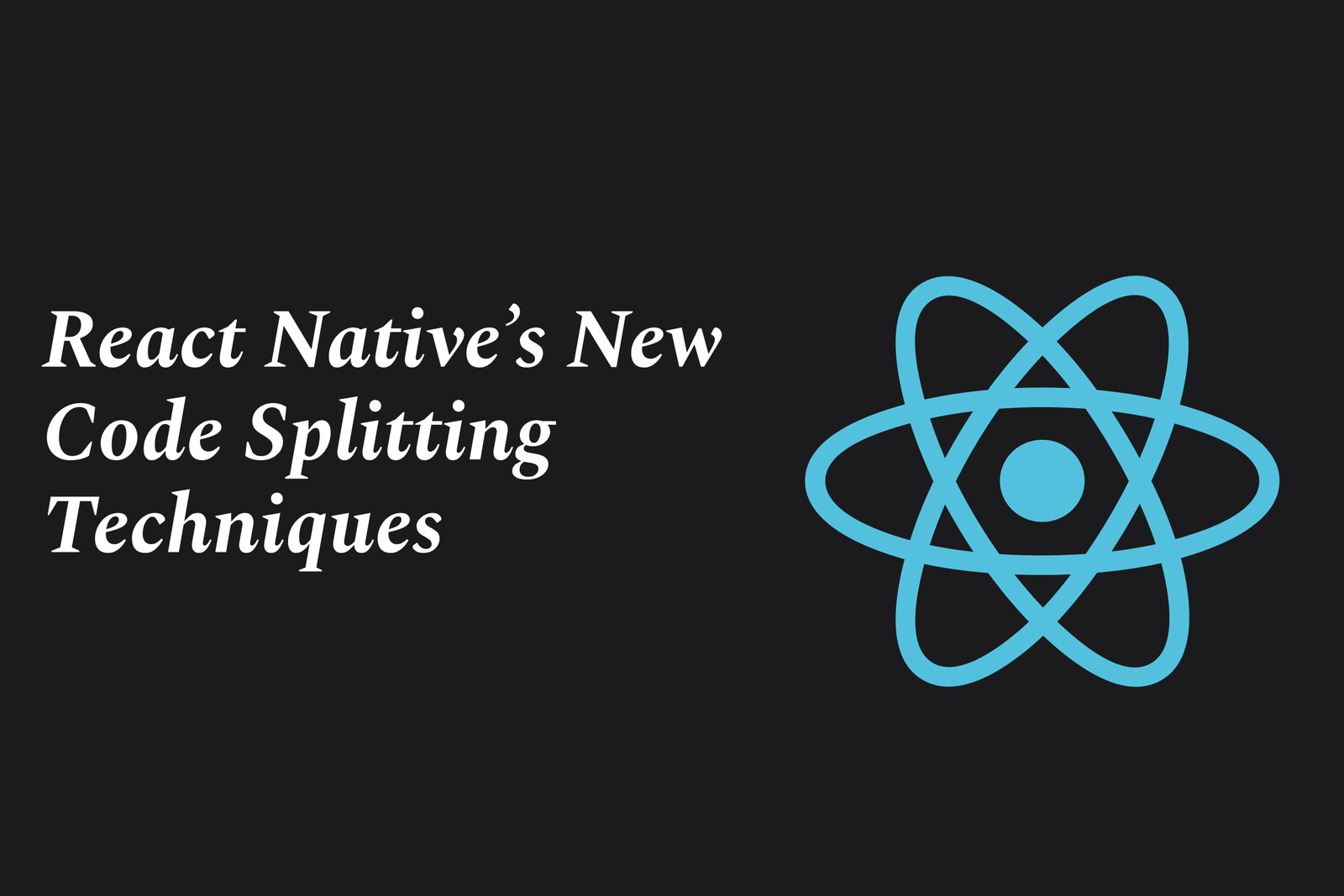React Native?S Cloud Integration Features In 2025
In 2025, React Native offers seamless cloud integration, enabling easy connection with major cloud platforms like AWS, Azure, and Google Cloud. It supports real-time data syncing, secure authentication, serverless functions, and enhanced developer tools for scalable, cloud-powered mobile apps.
React Native’s Cloud Integration Features in 2025
1 ) Overview of Mobile App Development Frameworks in 2025
The mobile economy has peaked, driving massive demand for efficient Mobile App Development Frameworks that enable businesses to maintain a strong mobile presence. Success hinges on adopting robust, agile platforms providing extensive tools and resources for rapid development and deployment.
2 ) Introduction to Mobile App Development Frameworks
Frameworks offer embedded libraries and pre written code, supporting full scale app development.
Enable developers to reduce time to market, use cross platform codebases, and follow best practices.
Main categories include native (platform specific), cross platform (single codebase for iOS & Android), and hybrid frameworks (combining native and web tech).
3 ) React Native and Cross Platform Development
React Native remains a top cross platform framework for building native apps on iOS and Android using JavaScript.
It leverages native UI components for excellent performance and user experience.
Supported and maintained by Meta along with a vibrant community including contributors from major companies.
4 ) Cloud Integration Features of React Native in 2025
Modern React Native supports seamless integration with cloud services, enabling scalable and secure backend connectivity.
Easy access to cloud APIs to manage authentication, databases, storage, and real time data synchronization.
Supports integration with popular cloud platforms (AWS, Azure, Google Cloud), enhancing app capabilities like analytics, messaging, and serverless functions.
Tools like Expo have become more powerful for managing cloud resources within React Native apps, offering streamlined development workflows with native code capability when needed.
5 ) Developer Tools and Enhanced Cloud Support
Expo’s developer environment facilitates testing cloud connected features quickly.
The introduction of modules like expo dev client allows adding native code while preserving Expo’s ease of use.
Debugging and monitoring integrations with cloud services continue to improve with tools such as React Native DevTools and cloud based logging services.
6 ) Community and Ecosystem Contributions
React Native’s cloud integration ecosystem thrives due to active contributions from global developers and companies.
Continuous development ensures compatibility with cutting edge cloud technologies and emerging standards.
Expanding support for platforms beyond mobile (Windows, macOS, Web) enhances cloud capabilities and code reuse across devices.
7 ) Conclusion: React Native’s Role in Cloud Connected Mobile Apps
React Native in 2025 excels as a cross platform framework tightly integrated with cloud ecosystems, enabling developers to build highly scalable, performant, and feature rich mobile applications. Its strong developer tools, community backing, and compatibility with major cloud providers make it an ideal choice for enterprises embracing cloud native mobile app architectures.
https://justacademy.in/news-detail/how-react-native-is-leading-the-way-in-accessibility-features
https://justacademy.in/news-detail/using-google’s-vertex-ai-with-flutter-apps
https://justacademy.in/news-detail/android-apps-leveraging-machine-learning
https://justacademy.in/news-detail/why-react-native-developers-are-making-20%-more-in-2025
https://justacademy.in/news-detail/react-native?s-new-hooks-you-didn?t-know-you-needed
Related Posts
Java supports GDPR and data privacy by enabling secure data handling through encryption, controlled access, and precise data management. It allows developers to minimize PII exposure, ensure data confidentiality, and design workflows that comply with data protection regulations effectively.
Java code quality tools have evolved to include advanced static analysis, integrated security checks, and AI-powered code reviews. These updates help developers detect bugs, enforce coding standards, and enhance security, streamlining the development process and improving overall code reliability.
Java remains a cornerstone in big tech companies, evolving with modern features like records, pattern matching, and virtual threads. Its robust ecosystem, enhanced performance, and growing AI integrations keep it vital for both legacy systems and innovative new projects.
Java and CI/CD pipeline optimizations streamline Java application development by automating builds, tests, and deployments. They improve efficiency through parallelization, caching, and secure secrets management, enabling faster feedback loops and more reliable, scalable software delivery.
Java supports modern cryptography standards through its flexible Java Cryptography Architecture (JCA), enabling integration of advanced algorithms like AES, EdDSA, and post-quantum tools. Libraries like Bouncy Castle offer FIPS-certified, hardware-accelerated implementations for secure development.
Java 23 enhances record patterns by enabling concise, direct destructuring of record components within pattern matching, simplifying type checks and data extraction. This improvement boosts code readability and expressiveness by reducing boilerplate in handling immutable data classes.
Java remains a top choice for mobile app backends, powering scalable, secure, and high-performance server-side solutions. Latest trends include cloud-native microservices, reactive programming, and enhanced JVM optimizations, enabling efficient, flexible, and robust mobile backend development.
Java SE 24 and LTS Java SE 21 offer enhanced features and performance, while Apache Spark 4.0.0 introduces Scala 2.13 support and advanced ML and SQL capabilities. Together, they empower developers to build scalable, high-performance data applications with modern tools.
JUnit 5 modernizes Java testing with a modular architecture, improved assertions, and seamless Java 8+ support. Beyond JUnit, tools like Mockito and AssertJ enhance mocking and assertions, creating a powerful, flexible ecosystem for writing clean, efficient Java unit tests.
Java plays a pivotal role in cloud automation tools by providing a robust, platform-independent language used to build scalable automation frameworks like Jenkins and Selenium, enabling efficient CI/CD pipelines, testing, and orchestration across diverse cloud environments.










